May 2026 - Spotlight Paper
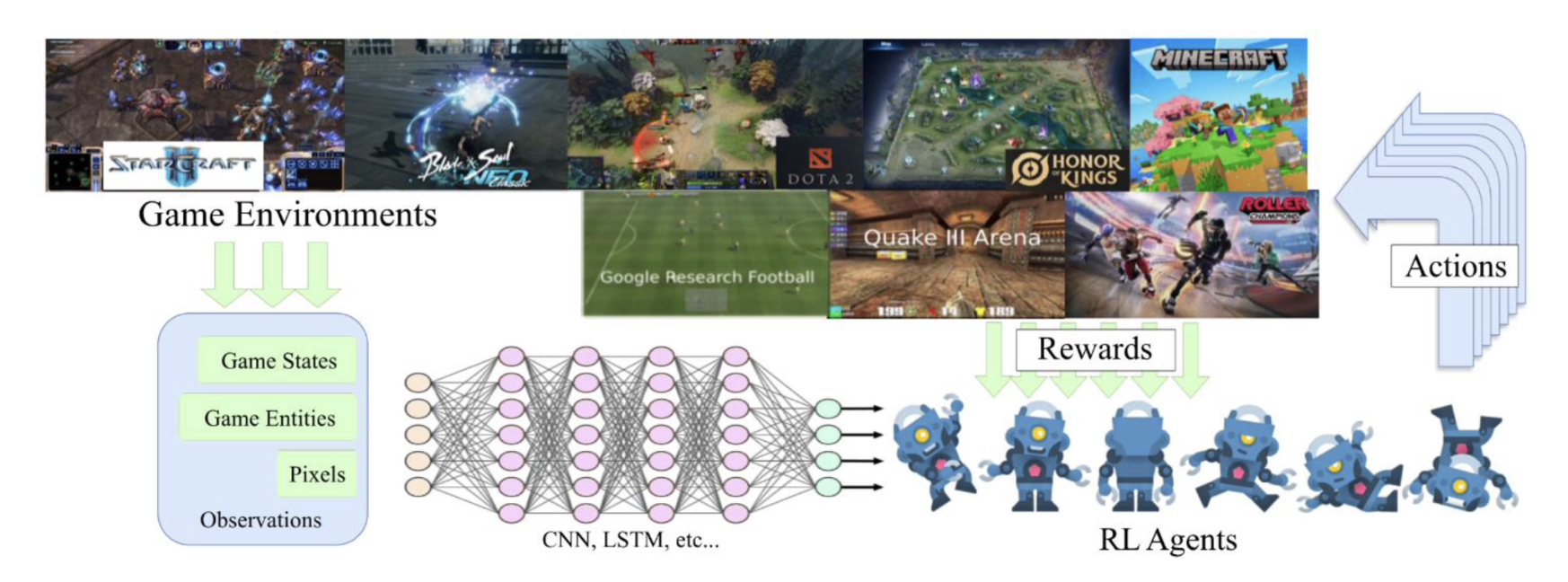
A Comprehensive Review of Multiagent Reinforcement Learning in Video Games
Citation: Z. Li, Q. Ji, X. Ling and Q. Liu, "A Comprehensive Review of Multiagent Reinforcement Learning in Video Games," in IEEE Transactions on Games, vol. 17, no. 4, pp. 873-892, Dec. 2025, doi: 10.1109/TG.2025.35888...
read moreFeb 2026 - Spotlight Paper
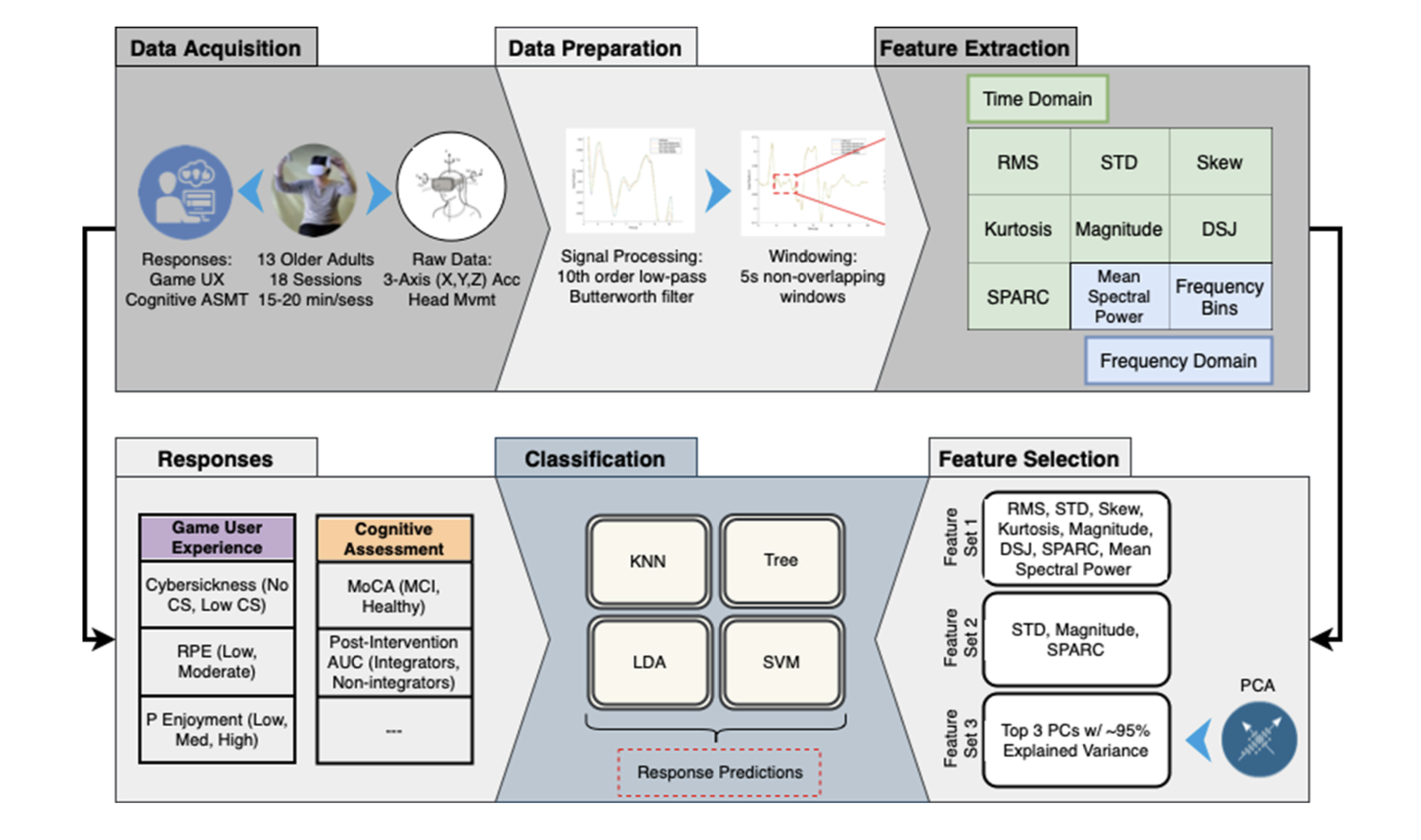
Development of Classifiers to Determine Factors Associated With Older Adult's Cognitive Functions and Game User Experience in VR Using Head Kinematics
Citation: J. E. Munoz et al., "Development of Classifiers to Determine Factors Associated With Older Adult's Cognitive Functions and Game User E...
read moreNovember 2025 - Spotlight Ppaer
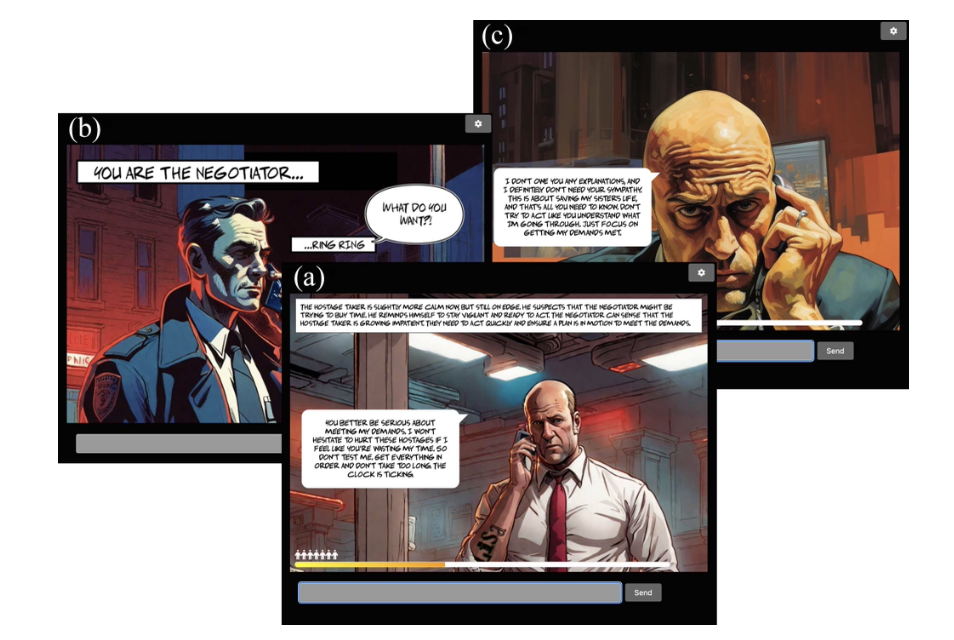
Goal-Oriented Interactions in Games Using LLMs
Citation: A. Phillips, J. Lang and D. Mould, "Goal-Oriented Interactions in Games Using LLMs," in IEEE Transactions on Games, vol. 17, no. 2, pp. 510-521, June 2025, doi: 10.1109/TG.2024.3515807.
Unrealistic parser-based dialogue systems limit p...
read moreAugust 2025 - Spotlight Paper

GamiDOC: The Importance of Designing Gamification in a Proper Way
Citation: S. Bassanelli, A. Bucchiarone and F. Gini, "GamiDOC: The Importance of Designing Gamification in a Proper Way," in IEEE Transactions on Games, vol. 17, no. 1, pp. 13-31, March 2025, doi: 10.1109/TG.2024.3364061.
Gami...
read moreMay 2025 - Spotlight Paper
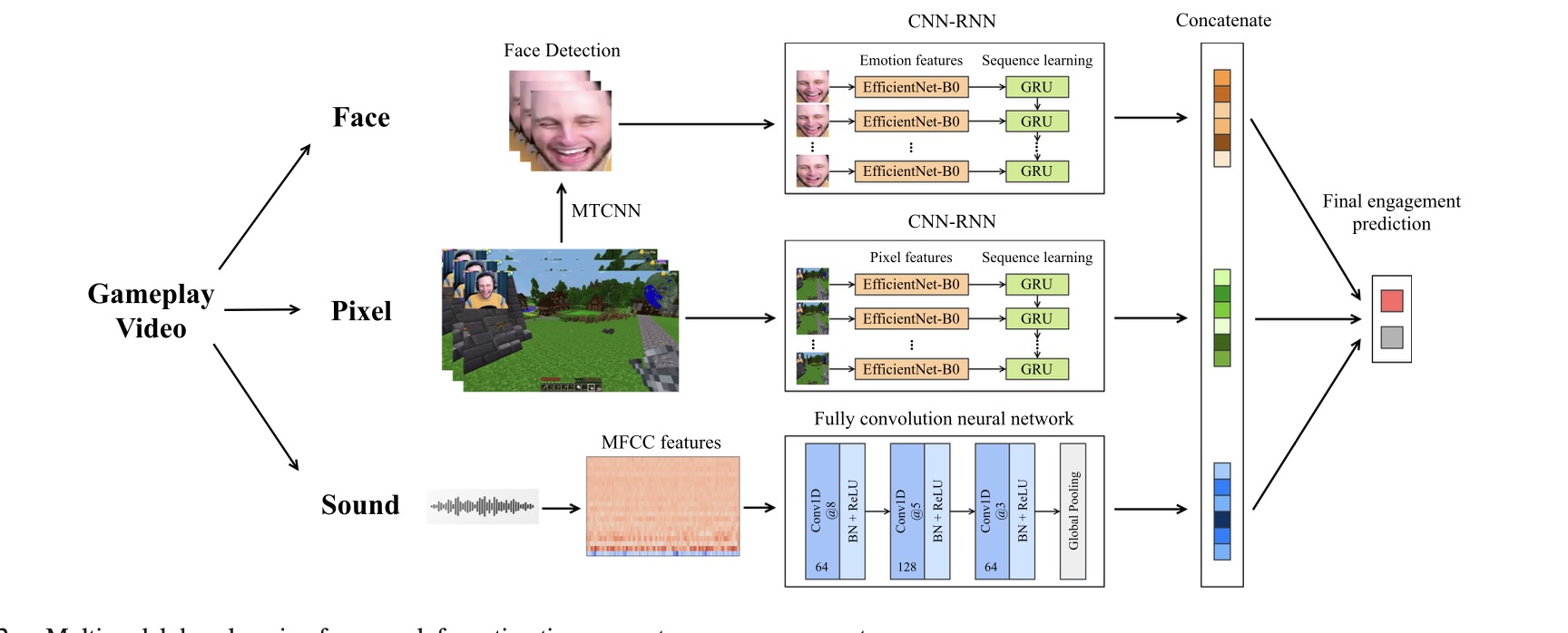
Video-Based Engagement Estimation of Game Streamers: An Interpretable Multimodal Neural Network Approach
Citation: S. Pan, G. J. W. Xu, K. Guo, S. H. Park and H. Ding, "Video-Based Engagement Estimation of Game Streamers: An Interpretable Multimodal Neural Network Approach," in IEEE Transact...
read moreFeb 2025 - Spotlight Paper
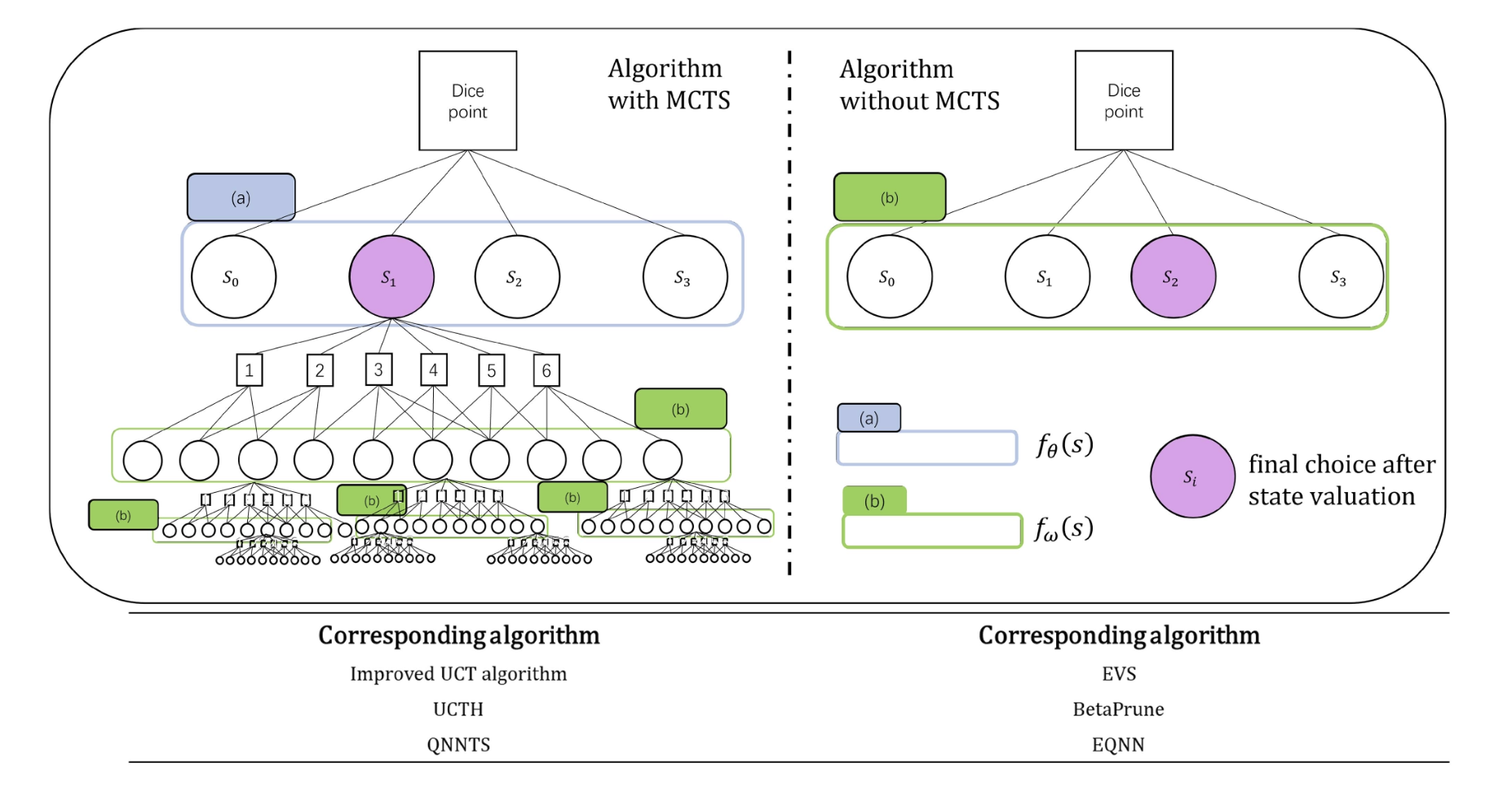
Deep Reinforcement Learning Using Optimized Monte Carlo Tree Search in EWN
Citation: Y. Zhang, Z. Li, Y. Cao, X. Zhao and J. Cao, "Deep Reinforcement Learning Using Optimized Monte Carlo Tree Search in EWN," in IEEE Transactions on Games, vol. 16, no. 3, pp. 544-555, Sept. 2024, doi: 10.1109...
read more